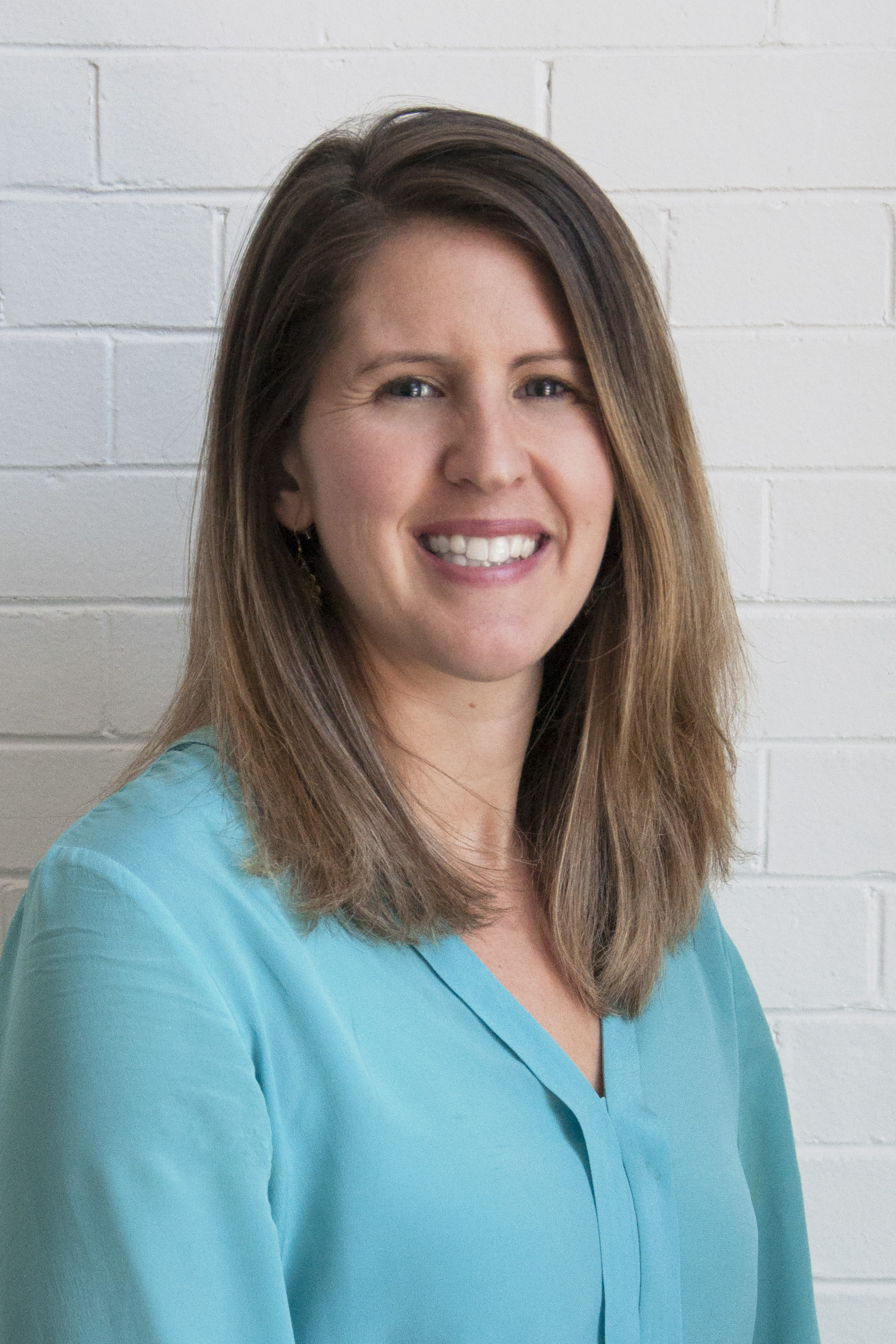Soviets in the Countryside: The MST’s Remaking of Socialist Educational Practices in Brazil
Abstract
This chapter discusses the educational initiatives of the Brazilian Landless Workers Movement (MST), the largest agrarian social movement in Latin America. Although the MST is famous around the world for its success forcing the Brazilian government to redistribute land, less well known is the movement’s simultaneous fight for access to education in all areas of agrarian reform. Part of this fight is for the movement’s right to develop its own educational pedagogies and curriculum in these public schools. Over the past three decades, members of the movement have drawn on a variety of theorists to develop these educational practices, from Paulo Freire to Soviet pedagogues. This chapter explores two Soviet theorists the movement draws on—Moisey Pistrak and Anton Makarenko—and how these theorists arrived in Brazil and the ways in which members of the movement have adapted these theories to their contemporary context. This argument is based on extensive interviews with MST educational activists as well as visits and participant observation to dozens of schools in MST settlements and camps. In addition to a historical discussion, the chapter also analyzes two schools administered by the MST where the theories of Makarenko and Pistrak are currently flourishing. This chapter argues that the MST’s conscious use of Soviet pedagogies is part of the movement’s overarching goal of creating socialist economic alternatives in the Brazilian countryside through collective organic farming.
Abstract
This chapter discusses the educational initiatives of the Brazilian Landless Workers Movement (MST), the largest agrarian social movement in Latin America. Although the MST is famous around the world for its success forcing the Brazilian government to redistribute land, less well known is the movement’s simultaneous fight for access to education in all areas of agrarian reform. Part of this fight is for the movement’s right to develop its own educational pedagogies and curriculum in these public schools. Over the past three decades, members of the movement have drawn on a variety of theorists to develop these educational practices, from Paulo Freire to Soviet pedagogues. This chapter explores two Soviet theorists the movement draws on—Moisey Pistrak and Anton Makarenko—and how these theorists arrived in Brazil and the ways in which members of the movement have adapted these theories to their contemporary context. This argument is based on extensive interviews with MST educational activists as well as visits and participant observation to dozens of schools in MST settlements and camps. In addition to a historical discussion, the chapter also analyzes two schools administered by the MST where the theories of Makarenko and Pistrak are currently flourishing. This chapter argues that the MST’s conscious use of Soviet pedagogies is part of the movement’s overarching goal of creating socialist economic alternatives in the Brazilian countryside through collective organic farming.
